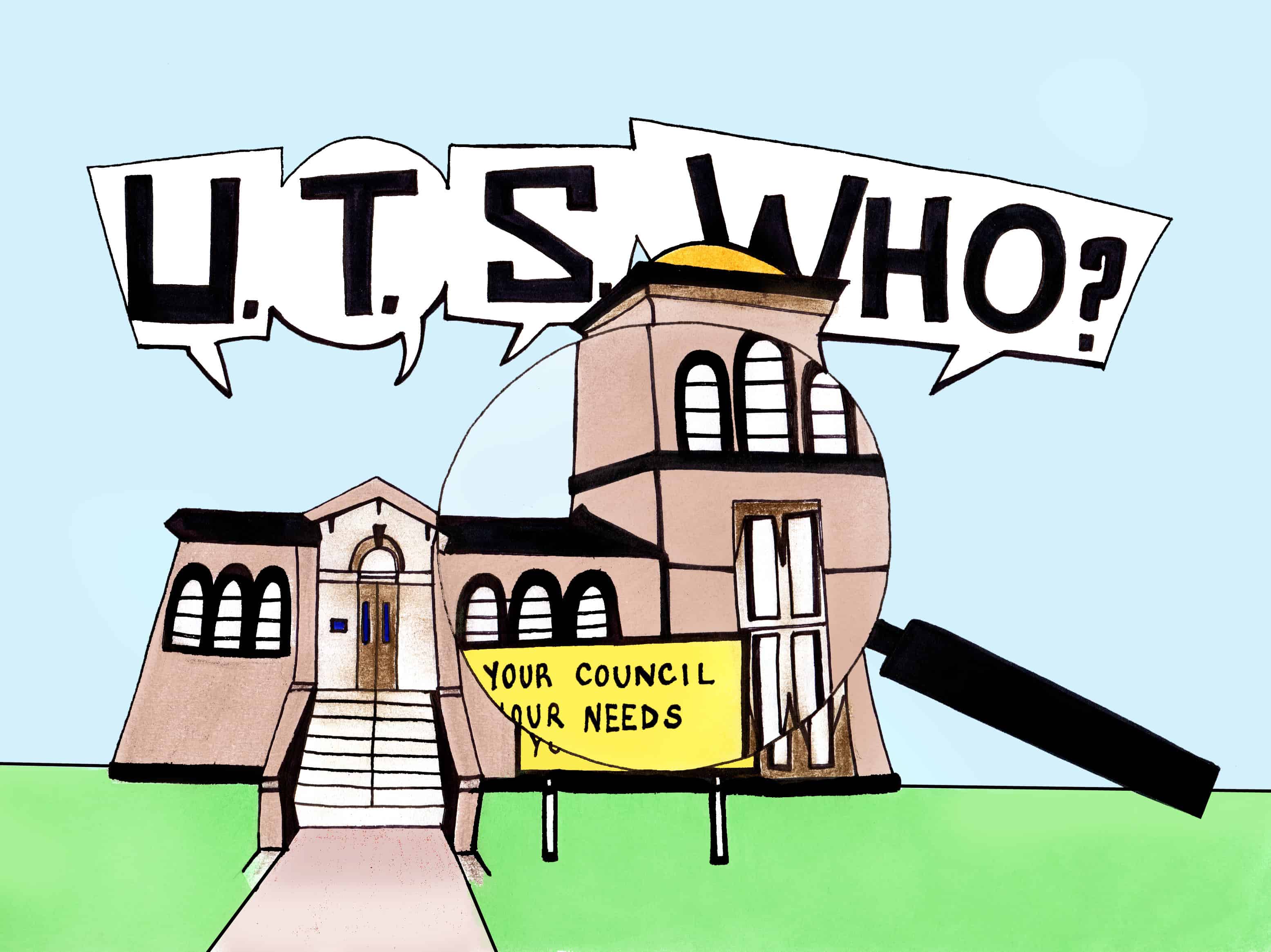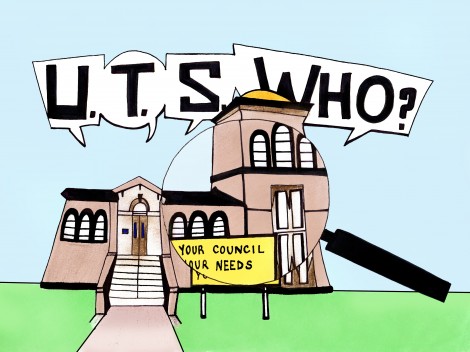As UTSU election season once more approaches, the question of the union’s impact on our student life creeps into mind with the same inevitability as the arrival of March 6 itself. Is the UTSU doing a good job? What are they actually doing? Does anyone even care?
That last point is the easiest to answer. The Facebook group “UofT Memes,” has about five times the followers of the UTSU’s Facebook group.
Still not convinced? The participation rate of UTSU elections paints an even more dismal picture, with The Varsity reporting a turnout rate of approximately eight per cent for the previous election. With all the political pundits bemoaning the death of democracy based on the federal election’s turnout (many times higher than eight per cent), clearly the UTSU has an even bigger problem with apathy amongst its constituents.
It shouldn’t be this way at all. So, in a bid to explain this phenomenon, let’s go to the second question: what activities is the UTSU engaged in? Thanks to the union’s intense campaigning, the Drop Fees issues springs immediately to mind. Beyond this, the UTSU is also engaged in a smorgasbord of other activities, ranging from providing TTC student passes to dental insurance to pursuing a student commons building. All are surely well-intentioned projects.
The Drop Fees campaign is where the majority of the UTSU’s energy appears to be focused of late. Tackling rising tuition fees is a noble goal as it is something that affects all of us.
I doubt it is possible to find anyone who will disagree with the notion that much needs to be fixed; “tuition is too low and needs to be more inequitable” just wouldn’t resonate with most people. Yet it must be said that the UTSU’s approach to this problem, in collaboration with the Canadian Federation of Students, makes almost as little sense as the above opinion. This isn’t to say that every point being advocated by the UTSU/CFS is not worth considering.
On the contrary, one can find several adjustments recommended in the CFS’s report “Dropping Fees for All,” that quite arguably need to be implemented. These range from OSAP reforms to additional funding for student grants.
Critically, however, the main approach as embodied in the name of the campaign, ”Dropping Fees for All,” is misguided. On the contrary, rising tuition might not be such a bad thing at all. No that was not a misprint, but there is far more to it than that.
With this in mind, the CFS’s call for the prohibition of “differential tuition fees” will do more harm than good. Instead, it’s worth exploring the idea of setting a far higher base tuition rate and using the extra revenue — perhaps augmented with government funding — for extensive financial aid based on a need. In the end, such an idea, while imperfect, makes far more sense than the widely trumpeted but impossible to implement idea of just “dropping fees.”
And there can be no question that the UTSU is devoting much effort towards this misguided cause. The union has circulated so many petitions around so many lectures that at this point, I cannot fathom how there aren’t a huge number of duplicate signatures.
Yet not a single petition was handed around advocating for a far simpler and arguably easier to tackle issue, one with just as many real-world implications as student fees. Perhaps this doesn’t mesh with whatever social agenda the UTSU has in mind, but it cannot be denied that the amount of money students need to shell out for a monthly TTC pass is simply exorbitant. While the 17 per cent discount we are currently getting is better than no discount at all, it pales in comparison to what is possible. As an example, Translink’s U-Pass gives all post-secondary students in British Columbia an astounding 80 per cent discount off the price of the equivalent standard adult monthly pass.
Perhaps the source of all the apathy and mistrust directed at the union is a result of a lack of any perceived progress or representation on issues that students identify with. UTSU embroils itself in the hopeless “Drop Fees” campaign instead of focusing on other student priorities that could be more realizable.
UTSU is doing such a poor job that it has managed to completely expend any good-will it may have had in the past. If it were to advocate for a “U-Pass” fare system, despite a UBC-commissioned report showing it produced a 53 per cent increase in transit ridership, it would surely be the target of massive backlash on the grounds that it is forcing those who don’t take transit to subsidize those who do. This is not unlike the criticism directed at the U of T student commons building project already backed by the union.
In the end then, with next to zero political capital in the bank, it seems that the case is hopeless. Despite having the best of intentions, the UTSU has managed to pave its own road off into the abyss.



